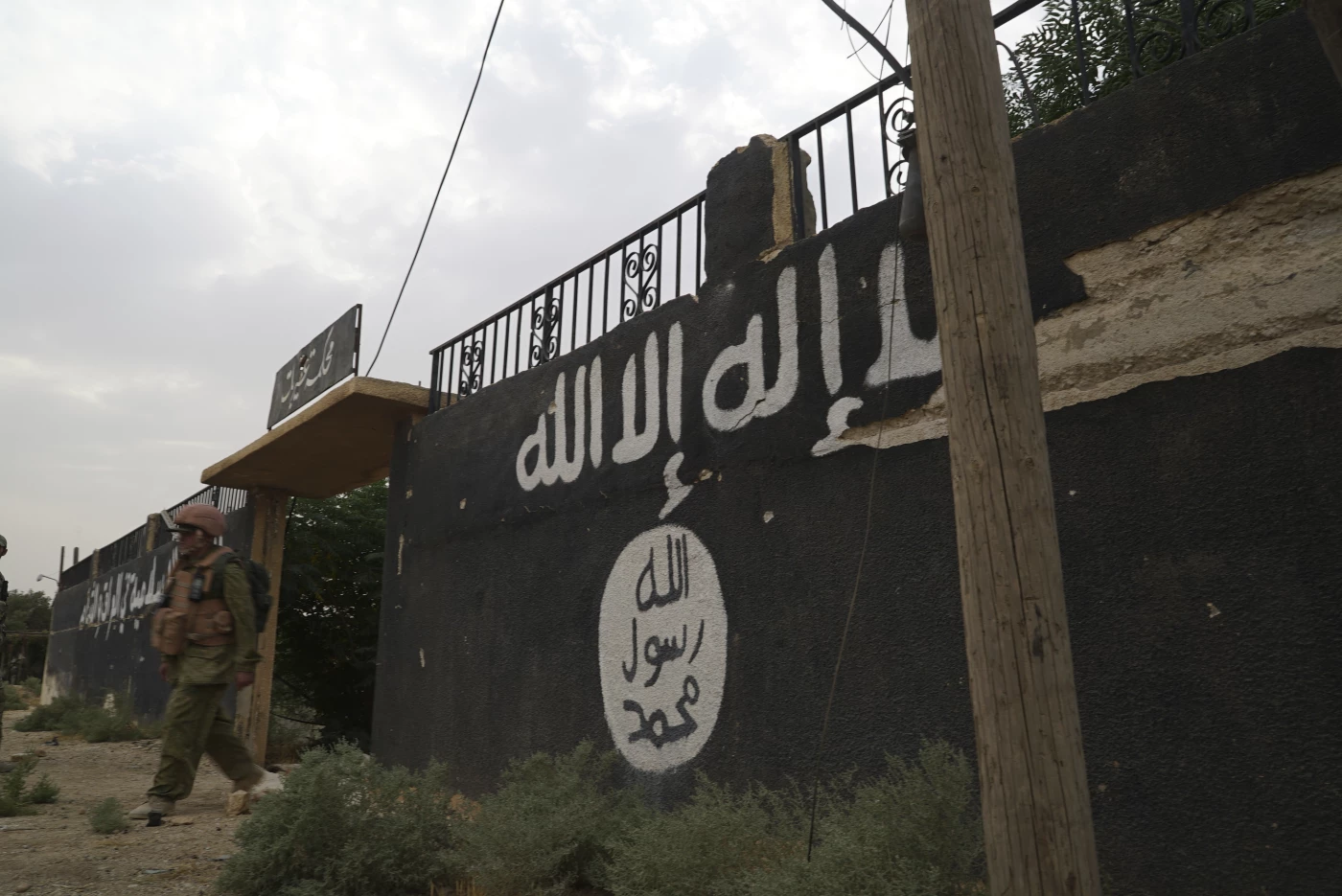ERBIL, Kurdistan Region of Iraq - An Iraqi security official on Sunday warned of a potential Islamic State (ISIS) plot to attack prisons in northeast Syria and release imprisoned members of the group, but stressed that the Iraqi security forces are ready to confront any threats.
Abdulkarim Abd Fadhel, head of the Iraqi National Security Service, warned of the repercussions of a potential ISIS attempt to break out inmates from prisons under the control of the US-backed, Kurdish-led Syrian Democratic Forces (SDF) in Raqqa and Hasakah, stating that it would pose a threat to regional and international security.
“The terrorist gangs of ISIS are planning to launch attacks on prisons in Syria to release thousands of terrorists of different nationalities, which are still under the control of the SDF,” Fadhel told the state-run al-Sabaah newspaper on Sunday.
He added that Iraqi security forces are equipped to tackle any internal and external threats, but stressed that this does not mean there is no need to take further measures and raise the level of readiness.
“The National Security Service has unlimited capabilities in intelligence monitoring and tracking terrorist targets inside and outside Iraq, and there are intensive efforts to expand the scope of intelligence reconnaissance to include regional risks that threaten national and international security,” the official noted.
The US-backed Kurdish forces currently control the bulk of northeastern and eastern regions of Syria, amounting to a quarter territory of the country. Formed in 2015, the SDF is considered the Kurdish de facto army in Syria.
Clashes have erupted between the Kurdish forces and rebel groups in SDF-controlled areas since the start of the anti-government group’s campaign in late November. The groups announced seizing control of the eastern city of Deir ez-Zor on Wednesday.
Tens of thousands of prisoners were freed by the rebel groups after taking control of previously regime-held cities, including the capital Damascus.
The Syrian rebel’s 11-day blitz has sparked concerns among the Iraqi public and authorities over the conflict’s potential repercussions on Iraq. Additional armored units were deployed to fortify Iraq’s international borders in recent weeks.
The rebel groups have repeatedly tried to reassure the people and government of Iraq that they do not pose a threat to Iraq or other countries in the region, adding that they are committed to strengthening "brotherly ties" with Baghdad and working toward shared interests, which they said required “continued cooperation and understanding” between the two sides.



 Facebook
Facebook
 LinkedIn
LinkedIn
 Telegram
Telegram
 X
X


